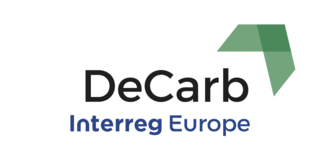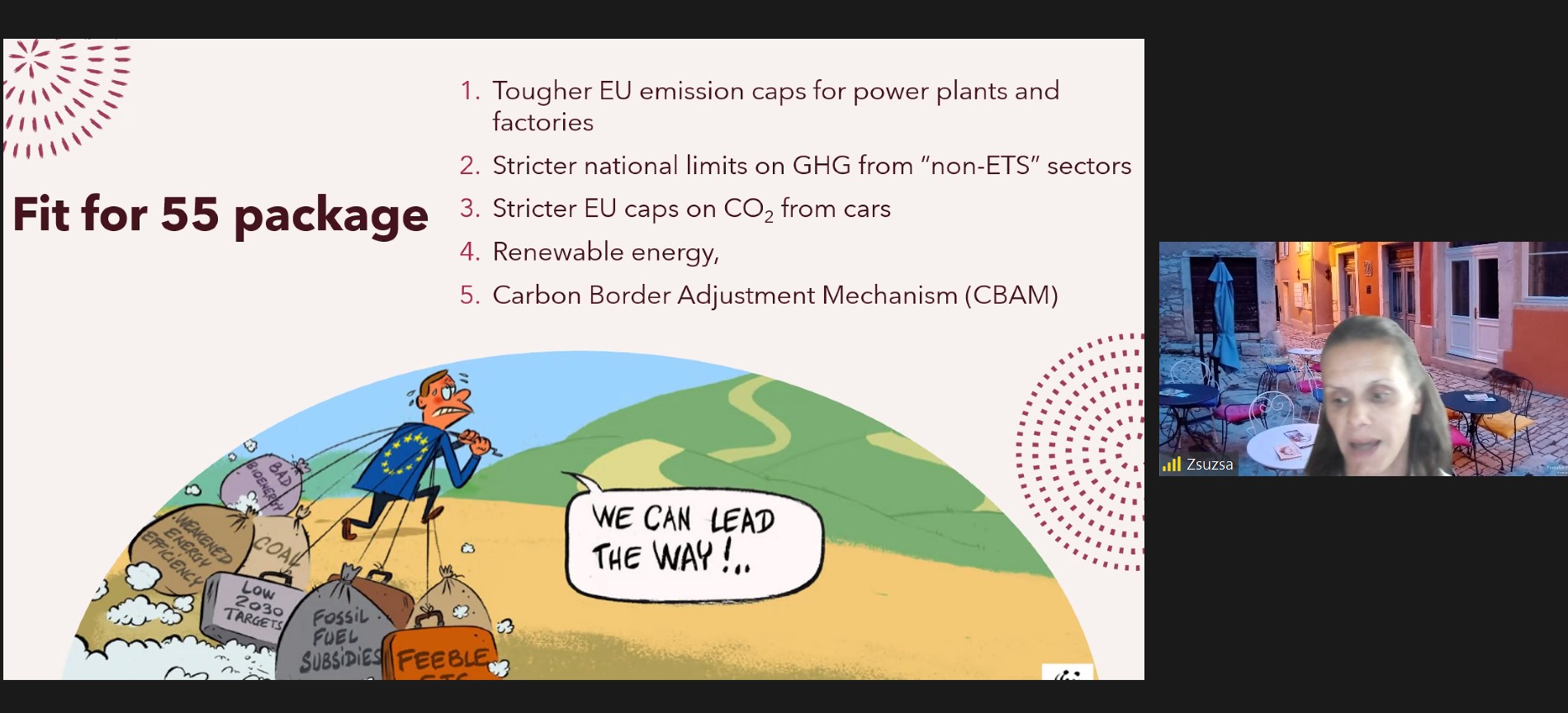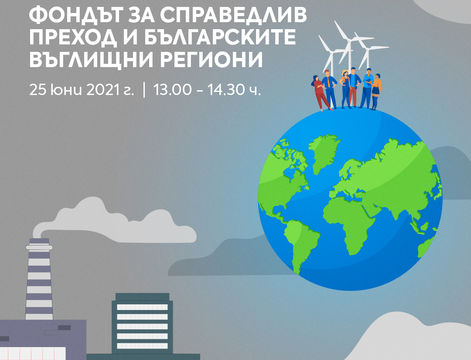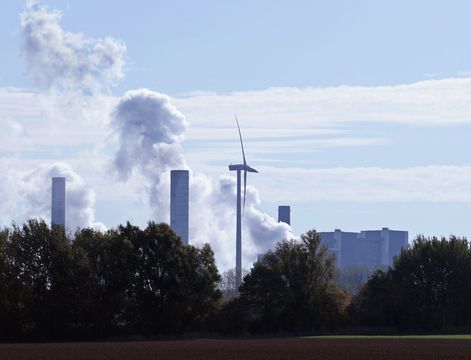Batteries are the fastest-growing storage technology and will play a key role to meet the EU goal of cutting greenhouse gas emissions by 55% by 2030.
In the energy sector, storage technologies can facilitate up to 40 services for electricity systems, including generating, transmitting and distributing the electricity, as well as increasing the self-consumption of solar and other renewable electricity sources by households, commercial buildings and industrial facilities across the EU. Batteries’ contribution is especially significant for renewables, as solar and wind power remain fluctuating sources with varying levels of energy produced. Batteries can store electricity and compensate for the moments when the wind is not blowing, the sun is blocked by clouds, or has set for the night.
In the transport sector, the share of battery-driven vehicles is expected to rise dramatically. Already today, the overall cost for owning an electric car is comparable to petrol cars. While the purchase price of electric cars can be relatively high, they are cheaper to run, as electricity costs less and is taxed less than petrol. Electric vehicles are also cheaper to maintain. The difference in the purchase price of a new electric car and a new petrol car is expected to disappear within the current decade. This will be the ultimate game-changer on the car market. Besides being used for transport, electric vehicles will also provide an additional bonus for those that have invested in roof-top solar panels - whether public, corporate or private investors - and reduce electricity bills. Indeed, electricity from the batteries of parked cars can be used for domestic needs, when electricity prices are high, or even sold into the grid.
From a competition perspective, battery production is of increasingly strategic interest for the EU economy and society. This is why the EU supports and helps finance several initiatives that boost further innovation and uptake in batteries. Traditionally, most batteries on the market (in terms of electricity stored) were lead-acid batteries. These were mainly used to start petrol cars or to provide a backup for uninterrupted electricity supply in case of unforeseen outages. The EU has a strong position in this market, but as needs have changed and technology evolved, the e-mobility boom has now moved lithium-ion batteries to the forefront.
Until recently, only 2 European companies, Saft from France (now owned by Total) and VARTA from Germany, were strong in lithium-ion battery niche battery markets, such as space applications or hearing aids. No European companies were producing lithium-ion batteries for mass markets and this part of the EU market was dominated by Asian producers. But the situation is changing. More and more companies are creating factories for lithium-ion battery manufacturing in Europe, for example:
EU-based Northvolt is constructing Europe’s largest giga-factory for lithium-ion battery cells in Sweden and will continue with a giga-factory in Germany
a joint venture between Total and the car manufacturing group PSA (involving Peugeot, Citroen, DS, Opel and Vauxhall) will establish mass-production battery plants in France and Germany
VARTA is targeting further expansion of its lithium-ion battery production in Germany and beyond.
At the same time, Asian companies, such as LG Chem, Samsung SDI, CATL and SK Innovation, as well as the US giant Tesla, are advancing with their giga-factory projects in different EU countries.
EU action on batteries
The EU is stepping up its effort on batteries through an industrial push, a robust policy framework and vigorous research and innovation.
You can read the entire article HERE











